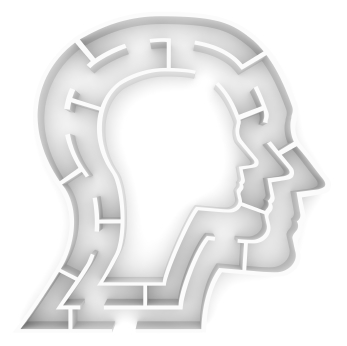Executive functioning in the brain involves several abilities to manage behaviors. This is where we tell ourselves ‘what to do’. We use this region of the brain when we plan to grocery shop, determine parking locations, make an agenda, and realize the long-term outcome of a potential decision. This area of the brain matures around age twenty-one, when the pruning of nerve endings nears completion. No wonder many laws around the world are ‘set’ at this anointing time of adulthood! The key is knowing how to tell myself what to do in order to manage distraction.
For children, teens, and adults who have attention-to-task problems, the use of phrases or key words helps. Phrases that direct and plan behavior can be assimilated within executive functioning to improve attention.
Here are few examples of phrases that are readily employed for ‘rule-governed behavior’:
- Make and keep a schedule
- The clock is my ally, not my enemy
- Stay on task
- Rule of three’s: beginning, middle, and end
- Mono-task don’t multi-task
- Is it a need or a want? (to realize distracting thoughts or behaviors)
- Picture what I read or hear
- Look for key words when I read or listen
- Finish what I start
- Do it now, not later
- Break tasks in smaller parts
- Don’t rush
- Be patient
- Be still
- Use breaks when boredom arrives
- Stay organized
- Get the Big Picture
- Focus, focus, focus
- My parents are my guides, not my problem
- Easy does it
- Don’t be perfect
- Don’t be afraid to fail
These phrases and words have greater meaning when isolated for rehearsal. Using all of the phrases assumes that too much attention will collapse before boredom and frustration. Modeling with visuals within a therapy context, and practice at home with other techniques, proves helpful.
To learn more about countering distractors, please feel free to contact Dr. De Valk at:scott@lifeworkcounseling.net or by phone, 708-439-9402.

